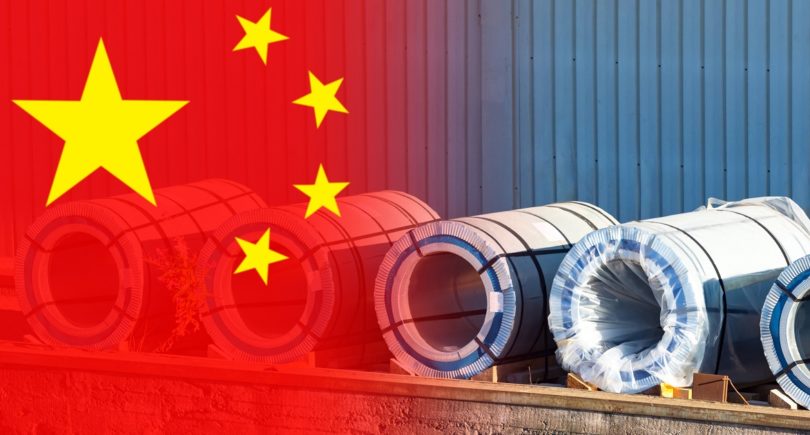
News Global Market CBAM 2194 22 April 2024
Some of the states are likely supporters of the mechanism
The introduction of the European carbon border adjustment mechanism (CBAM) is prompting other countries to introduce their own border carbon charges, while others are considering retaliatory measures. This is stated in a study by the International Emissions Trading Association (IETA).
The IETA noted that some countries, including Australia, Turkey and the United Kingdom, are developing their own mechanisms.
«CBAM is making waves around the world, although it will take another ten years before the system is fully implemented,» said Julia Michalak, IETA’s Director of European Policy.
According to her, the mechanism has provoked a variety of reactions, ranging from warnings of WTO challenges to commitments to create domestic carbon markets.
In particular, the study shows significant differences in carbon intensity depending on economic indicators, which means that richer countries may be more likely to support CBAM due to this factor, as well as greater innovation potential.
According to the IETA, Japan, Singapore and South Korea are the most likely supporters of CBAM. In particular, South Korea is considering amending its own emissions trading system, the association said.
A more hostile reaction came from oil-producing states and other countries dependent on exports to the European Union.
«South Africa calls it discrimination, India is considering retaliatory measures, and China has expressed concerns within the WTO,» the association said.
In particular, the Chinese government is concerned that the mechanism will lead to significant losses in the value of exports, thereby weakening the competitiveness of the Chinese heavy industry. According to a report by Wood Mackenzie, the cost of steel exports for Chinese producers could increase by 49% by 2034 due to the impact of the CBAM. However, in the long run, the country may gain a competitive advantage.
Although China’s ETS is still limited by sector, it is already in place, while many other emerging economies do not have any carbon pricing mechanisms in place. China plans to extend its application to aluminum, steel and cement in the new emissions compliance period (2023-2025). It is expected that by 2025, about 50 carbon footprinting standards for key products will be introduced at the national level, and by 2030, the number will reach 200. A carbon footprint database for key industries and a national carbon labeling certification system will be fully established.
Turkey, one of the countries most affected by the CBAM, has announced the launch of an ETS that will come into effect in the second half of 2024 and will be closely aligned with the EU system. In November 2023, the government published a draft regulation and opened it for consultation. This process is now complete, and the law should be published soon. Initially, the emissions trading system will not be open to non-compliant participants and will start with a pilot phase for the energy and heavy industrial sectors with annual emissions of more than 500 thousand tons of CO2.
As GMK Center reported earlier, the Italian parliament approved a proposal that obliges the government to cooperate with European institutions to revise certain aspects of the CBAM.
Among the issues discussed in the Chamber of Deputies, one of the most important was the difficulty of collecting data to be provided to the EC. Another issue was the inclusion of raw materials such as pig iron and semi-finished products in the mechanism.



